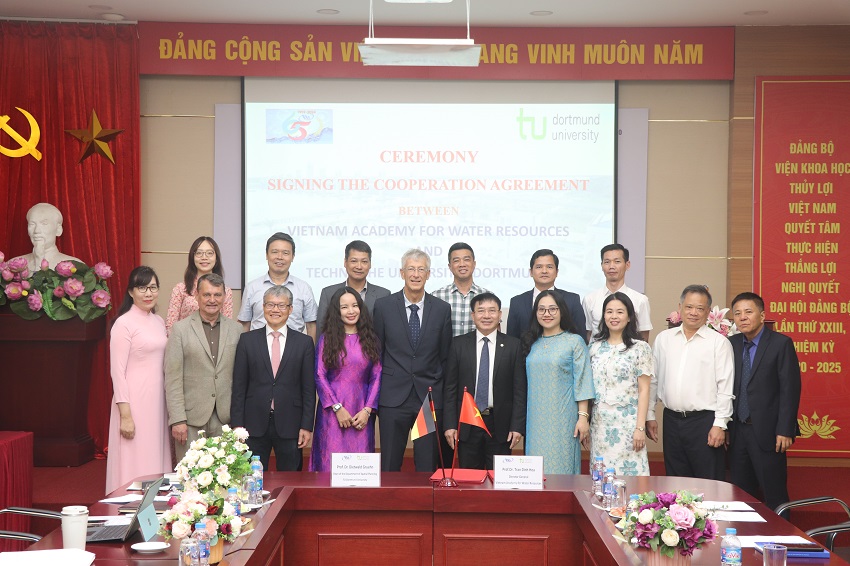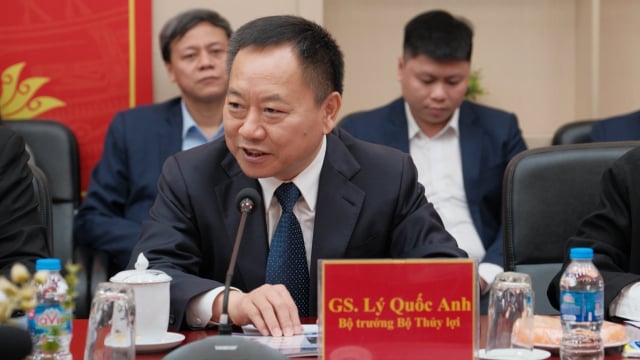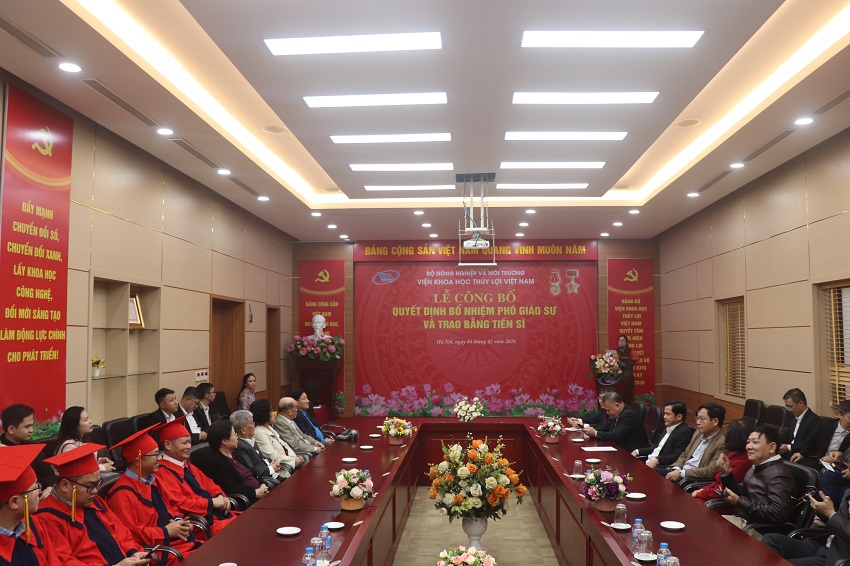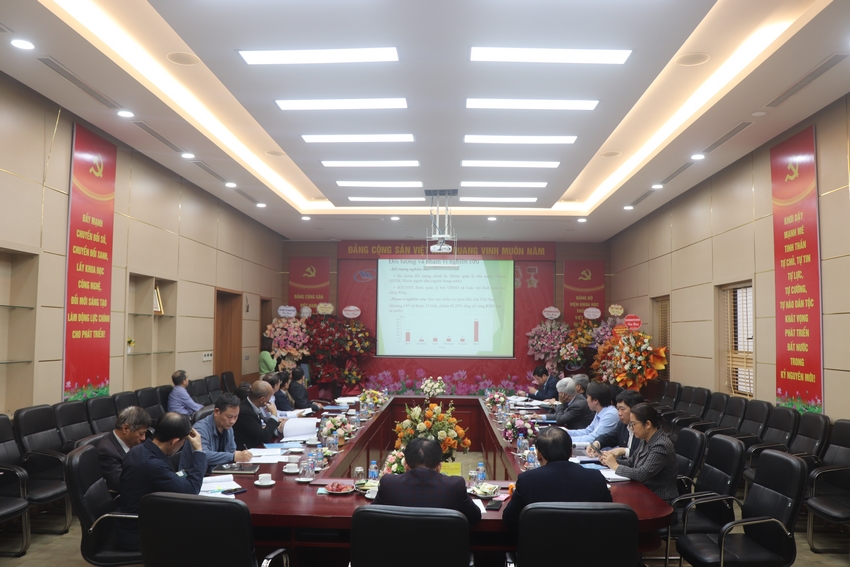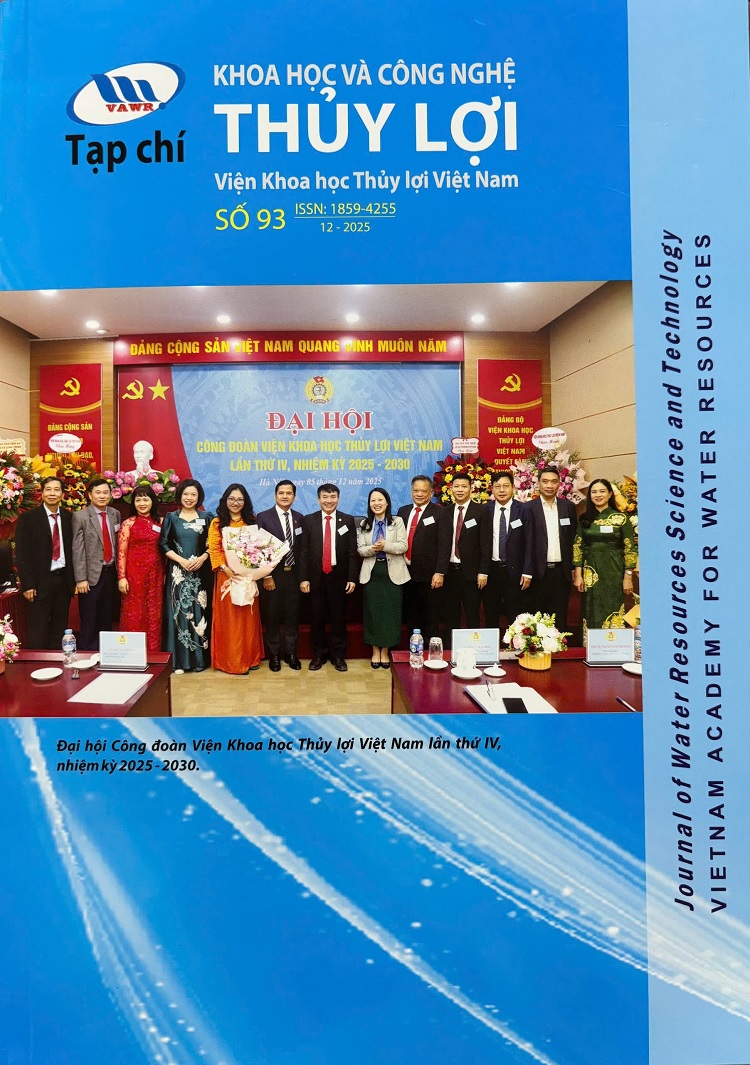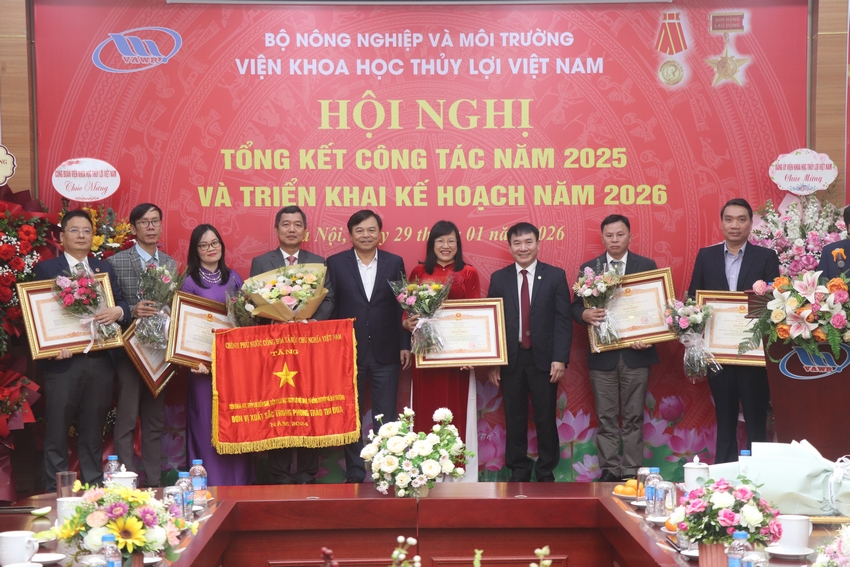Tăng cường năng lực thể chế quản lý rủi ro thiên tai ở Việt Nam ( UNDP )
23/03/20101. Summary
Title:
Institutional capacity development for disaster risk management in Viet Nam
Positions: Four national consultants (estimated only)
Duration & timing: A maximum of 90 days each from September 2009, with the first interim report completed by December 2009 and with an expected extension until 2011 and with commitments per annum for all consultants
Duty station: Ministry of Agriculture and Rural Development (MARD), Ha Noi,
Unit: Project Management Unit1: “Strengthening institutional capacity for disaster risk management in
Reporting: National Project Director
Guidance: Project Management Unit; the Department of Dyke Management and Flood & Storm Control (DDMFSC), the Disaster Management Centre (DMC) and the Standing Office of the Central Committee for Flood and Storm Control (CCFSC) of MARD; the General Statistics Office (GSO); the Ministry of Planning and Investment (MPI); the Ministry of Labour and Social Affairs (MoLISA); the Ministry of Natural Resources and the Environment (MoNRE); relevant academic/research institutions; the Ho Chi Minh Academy; the UN agencies involved with the Cluster approach – notably UNICEF; INGOs involved in disaster risk management under the Disaster Management Working Group (DMWG) and with the Joint Advocacy Network Initiative (JANI); the Provincial Project Management Units
Date: 21st July 2009.
2. Objective/purpose
The overall objective of the project is to strengthen the institutional capacity for disaster risk management in
Through a partnership of an international and national academic body:
1. Identify the gaps in DRM and climate change adaptation capacity and assess training needs of the Government CCFSC member agencies3 and of other DRM stakeholders at all levels;
2. Develop a set of DRM training materials (e.g. handbooks, manuals, etc.) training programmes and curricula for trainers to address these needs.
3. Expected results
(i) A partnership between an international and national academic institute(s) for DRM and climate change adaptation for DRM capacity development;
(ii) Increased capacity in DRM of CCFSC member agencies and other stakeholders at various levels in the three pilot provinces;
(iii) Disaster risk management training materials for differentiated target groups at various levels utilised in three target provinces and in other disaster prone areas.
4. Outputs/deliverables
(i) Completed capacity assessments of national and international institutions;
(ii) Completed training needs assessments for various target audiences;
(iii) Comprehensive package of DRM training materials in both Vietnamese and English (including but not limited to: handbooks, manuals, trainers guides, trainees worksheets, etc.) and the development of curricula for various target audiences including detailed training programmes (schedules/methodologies, etc.);
(iv) Course materials, schedules, etc. for specialised, “tailor made” DRM courses;
(v) Trained 100 trainers and 1,000 trained CCFSC member agencies/other stakeholders;
(vi) Quarterly interim reports including detailed work plan for the next quarter;
(vii) Brief 10 page summary report including accomplishments and recommendations for future action.
5. Timing and duration
The work will start in September 2009, with the first interim report completed by December 2009. To undertake the tasks outlined in this ToR, during 2009 it is anticipated that a maximum of 22 days will be required for each of the international consultants and 90 days for each member of the team of national consultants.
NB. The number of days during 2010 for the different members of the team will be finalised upon agreement between the PMU and the consultancy team. A similar number of days are likely to be required from the team members in 2011, with a final report and other documentation being completed prior to an evaluation in the third quarter of 20011.
6. Reporting
(a) The team will report to the National Project Director. The PMU and the Provincial Project Management Units will work closely with the team and provide guidance and support to undertake the tasks outlined in this ToR;
(b) The team will prepare a joint interim report at the end of each assignment period (quarterly) that summarizes all tasks that have been accomplished and recommends action needed for the next quarter.
NB. The PMU will agree with the consultancy team upon a designated team leader who will be responsible for all deliverables, the overall designation of responsibilities and the completion of assigned tasks.
Nguồn: ctic.org.vn
Ý kiến góp ý:


